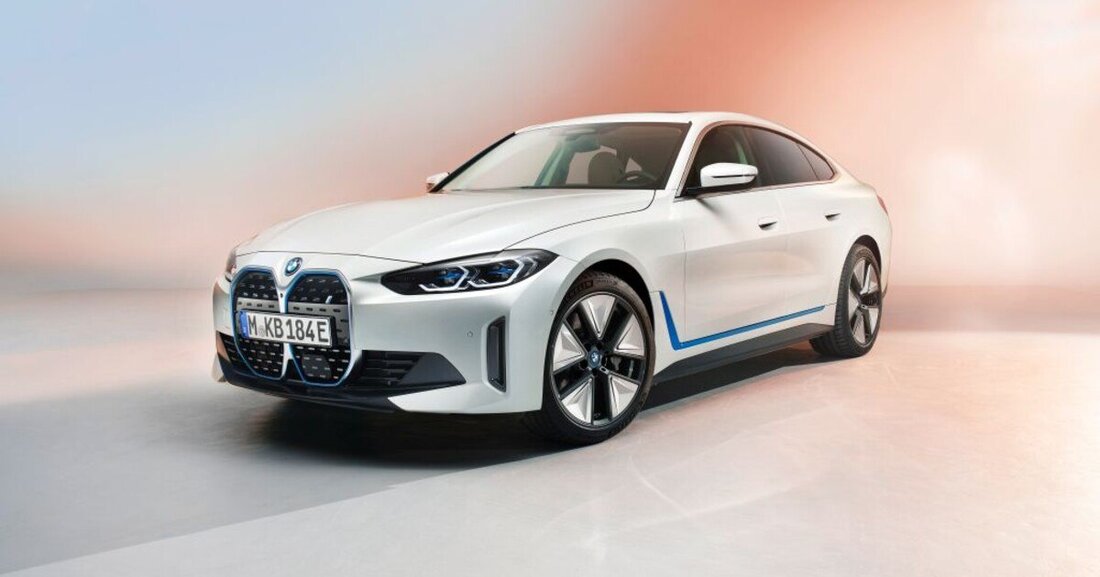BMW no longer operates on multiple tracks and has given itself a green coat of paint
The BMW Group is saying goodbye to technological openness between combustion engines, hybrids and electric cars. Instead, the premium manufacturer is now also fully focusing on e-mobility.

BMW no longer operates on multiple tracks and has given itself a green coat of paint
German car manufacturers got through the corona crisis much better than expected. Now they are fully committed to electric vehicles - and are taking on the fight against Tesla. Like VW, BMW also made billions in profit in the Corona year 2020 and is now looking confidently into the future. “2021 will be all about growth for us,” says CFO Nicolas Peter, who now predicts an increase in deliveries of five to ten percent. The consolidated profit before taxes is now expected to increase “significantly” again after a decline of around a quarter in the previous year. The shares promptly shot up significantly. The Munich premium manufacturer's securities have long since made up for the price losses suffered due to the corona crisis at the beginning of 2020.
Meanwhile, BMW is now also emulating the competition and pushing electric mobility. From 2025, the company wants to bring a completely new product family onto the market with the “New Class”. The new generation will receive completely new software as well as completely new drives and batteries. BMW also promises a “radically new level of sustainability” across the entire life cycle of the vehicles.
From 2030, every second BMW will be fully electric
With the realignment of its model policy, BMW is also setting high targets for sales of electric cars. By 2023, around 90 percent of the market segments should also be covered with fully electric models. By the end of 2025, the Munich-based company wants to have delivered around two million electric BMWs to its customers. This corresponds to a tenfold increase compared to 2020. And from 2030 onwards, every second BMW sold worldwide will be fully electric. Cars with combustion engines are increasingly becoming a niche product.
BMW is now finally giving preference to electromobility. So far, the group has relied on technological openness between combustion engines, hybrids and electric cars. The i4 electric sedan is now scheduled to come onto the market three months earlier than previously planned. Fully electric versions of the high-volume 5 Series and X1 models will follow in the coming years. A new operating system was also announced, which was further developed towards interactivity.
Mini as a pioneer
The Mini plays a pioneering role when it comes to e-mobility: BMW will bring a new model with a combustion engine variant onto the market for the last time in 2025 - after which only fully electric Mini models will follow.
BMW CEO Oliver Zipse wants to reduce CO2 emissions by a third not just on the road, but across the entire chain from raw materials to the factory to recycling in the next ten years. His company wants to build “the greenest vehicles”.

 Suche
Suche
 Mein Konto
Mein Konto